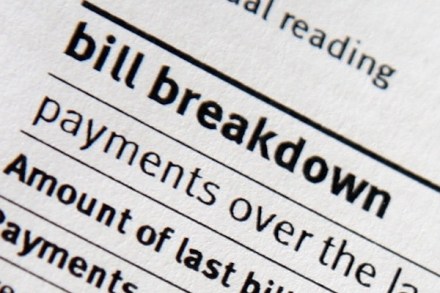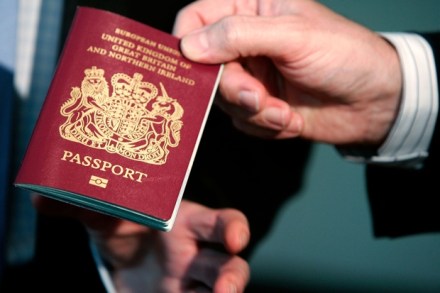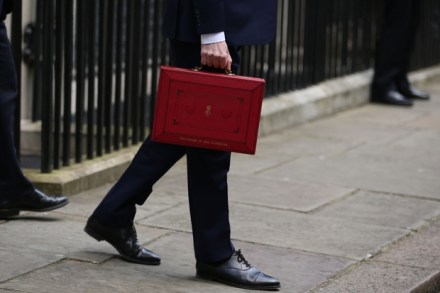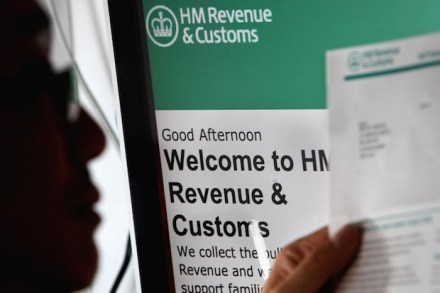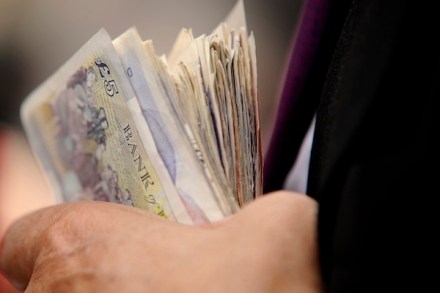Encouraging news for homeowners but motorists will not be happy
House prices have grown faster than predicted, The Telegraph reports, despite concerns that buyers would hold back ahead of this month’s EU referendum and a lull in the market after the buy-to-let-surge earlier in the year. The annual rate of growth in May was 9.2 per cent, unchanged since April, according to Halifax. Prices had been expected to rise 8.9 per cent in the year to May. House prices in the three months to May were 1.4 per cent higher, after a dip of 0.8 per cent in the three months to April. The fact that house prices have not dropped off substantially is ‘encouraging’ said Jeremy Leaf, a former chairman of the Royal



